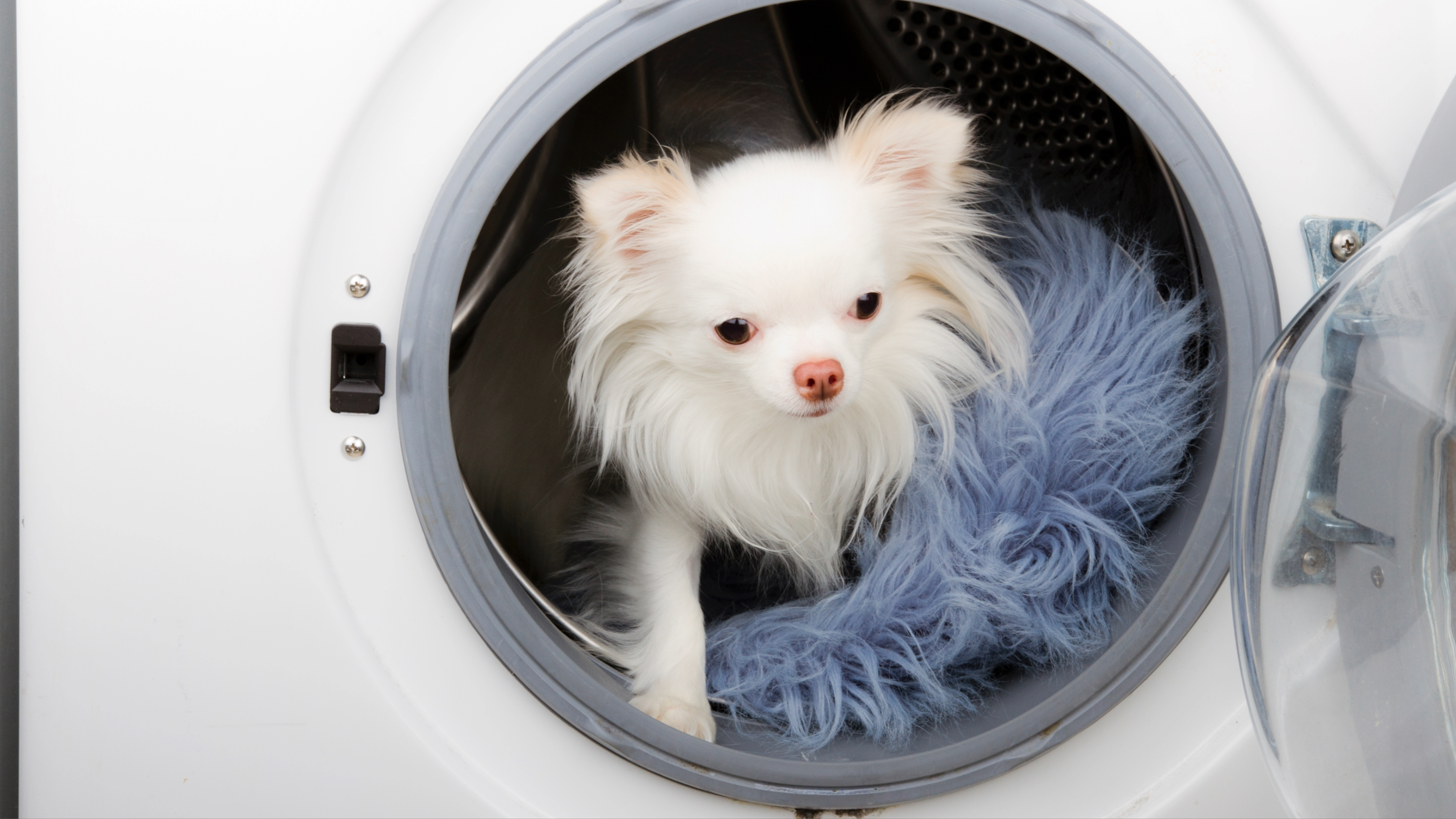As dogs age, their senses begin to diminish. Hearing and vision deteriorate, and they become more reliant on their sense of smell. This sensory decline can contribute to changes in behavior, such as increased startle responses to unexpected stimuli or a tendency to stay closer to familiar surroundings.
Additionally, cognitive decline, similar to dementia in humans, can affect elderly dogs. This condition, known as Canine Cognitive Dysfunction (CCD), can manifest in various ways, including disorientation, changes in sleep patterns, and altered interactions with family members. A dog with CCD may seem confused, wander aimlessly, or fail to recognize familiar people and places.
You will notice that the elderly dog is less curious and not willing (with or without the caregiver) to be adventurous or even showing any desire to go for walks or otherwise accompany the caregiver in any adventure (e.g. hunting) – that in his/her youth were the high points of the dog’s day. The elderly dog restricts itself to its own desired scope of mobility. He/she is less playful.
They become imprisoned (self-imposed) in a fixed routine which does not call for much movement.
Here are some realities that you will face with your elderly dogs:
• They sleep a lot.
• They exhibit a fixation with their own habits (when to urinate; when to defecate, when to give the caregiver the signal for the latter to present food. (N.B.: Elderly dogs do not need to be fed more than once a day – at a time preferable to the dog).
In other words, they do not wish for any changes in their daily routine. Not too much variability of any sort; and if they exhibit variations in their erstwhile behavioural patterns, please do not interpret these unusual caprices as their desire to irritate you. These whimsical seemingly purposeless inconsistences (for example, defecating/urinating where they lie) may be a reflection of their unwillingness to waste energy, or even an on-coming, patho-physiological change which should evoke the caregiver’s concern.
In other words, the elderly dogs are just simply intolerant of changes (imposed upon them by the caregiver), unless they approve of an intervention which makes them more comfortable.
• They become forgetful. This is not analogous to unwillingness. He/she just simply has forgotten to perform a usual task – like bringing in the newspaper. Of course, if it is raining, his/her inactivity is just a plain unwillingness, in a commonsensical way, not to get wet).
• They exhibit crankiness, intolerance and irritability for seemingly no reason at all.
• They become hyper-anxious. They bark more frequently to any perceived change in their immediate environment. This latter behaviour can result in the elderly dog not getting the sleep that is needed. The caregiver might wish, upon observation of this development, to reduce the external stimuli and stressors whenever and wherever possible.
It’s crucial for caregivers to provide a supportive and accommodating environment for their aging pets. This might involve making simple modifications around the home, such as adding non-slip mats to floors, providing orthopedic beds, and ensuring easy access to food, water, and bathroom areas.
I caution caregivers against placing their pets in shelters/boarding facilities if they are traveling overseas. There are many reasons for this – not lastly the geriatric dog’s inability and/or unwillingness to accommodate the new changes. It is better to have someone visit your home (even if only once or twice daily), to provide feed and water and to walk the animal. In addition, you may request visits from your veterinarian to ascertain that the animal is in good health. Dogs, elderly or not, always fare better in their own homes. It is for this reason (as an aside), that even after surgery, I advocate that, post-surgery, the dog awakes from the anesthetic at home, in the presence of its family, instead of being kept overnight in the vet’s facility/hospital until the next day.
Next week, we shall discuss the physical changes that occur, in the elderly dog.









